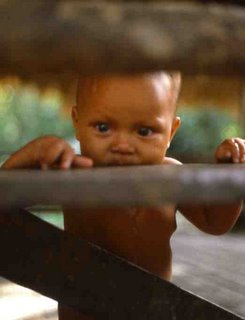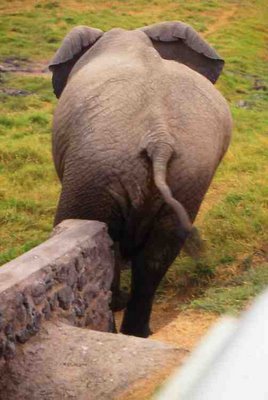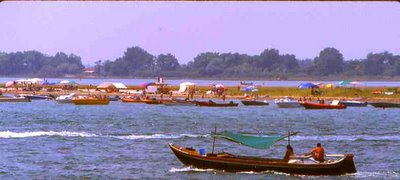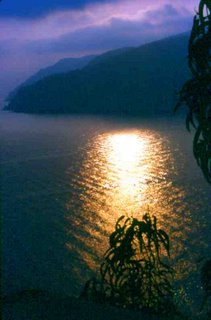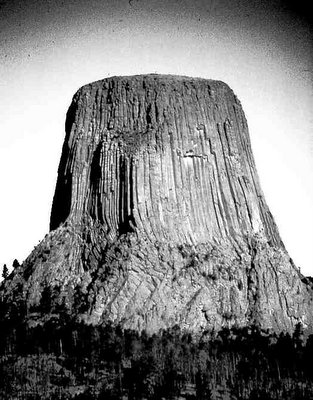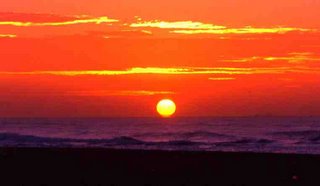
In March, when Chicken Soup for the Horse Lover's Soul II hits bookstores (and Amazon), a little piece of Ribbons of Highway: A Mother-Child Journey Across America will go worldwide.
Chicken Soup editors selected an excerpt from Ribbons of Highway from 1,000 stories submitted for the Horse Lover's title's second edition.
The Chicken Soup series has sold over 80 million copies worldwide, and students in China use Chicken Soup to learn English. I'm having fun imagining a classroom full of kids in Beijing reading about the magical morning Dana and I spent rolling along Lexington, Kentucky's Bluegrass Driving Tour and watching the dawn thoroughbred workouts at Keeneland Racecourse.
(At the time of our trip, I thought we'd seen everything Lexington has to offer. Turns out we missed a yummy attraction -- Lexington's Jif factory, the world's largest peanut butter producing facility. )
Here's a tiny spoonful of the Ribbons meets Chicken Soup story:
At Keeneland, we stood at the rail of the fabled oval, the only spectators, and watched trainers lead horses from the misty rows of silvery stables and onto the track. Light, lean, blue-jeaned trainers, one with dreadlocks flying from under his helmet, put pounding, sweating thoroughbreds through their paces. The trainers wore helmets, and most wore chest pads. They carried crops, which they weren’t shy about using. Some stood, others crouched. Some made their horses step sideways. The men and animals took the track’s bends and straightaways at breakneck speeds. Old Joe, tall and gaunt and wrinkled, in jeans and western shirt and a helmet with a pom-pom on top, sat astride his horse, Frog. They sat at the track rail, inside and on the course, ready to go after runaways. That was their job. Joe’s eyes were peeled, and he was ready to ride Frog to the rescue of any trainer whose trainee decided he’d rather be somewhere else.
A good number of the riders took note of Dana. A little girl with a beautiful brown ponytail who’d risen before the sun to stand at the rail. Like this morning’s desk clerk, they recognized her as a kindred spirit. They smiled, waved, and slowed down when they passed so she could look longer at their horses. Dana had brought her little plastic camera, and some of the trainers posed for pictures.
One trainer with a gentle face and shining eyes assembled himself and three others into a parade formation. They passed us, four abreast, at a slow, regal posting trot, like palace guard presenting the colors before the queen, each rider smiling down at Dana. I thanked them with my eyes. That they took note and took time turned this special morning into magic. These were busy men with hard work to do. Some were watched by the horse owners who paid them, and they weren’t paid to be nice to little girls. But they were, and I’ll always remember them with fondness.
(Book cover photo copyright HCI Books, 2006. Used with permission)
LoriHein.com
